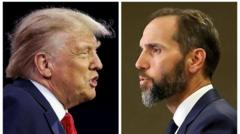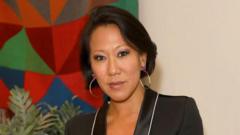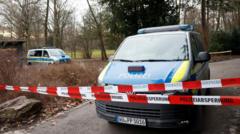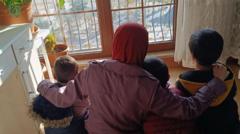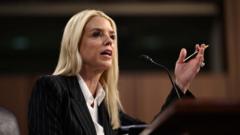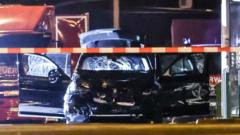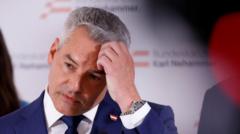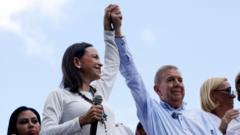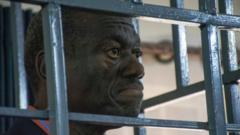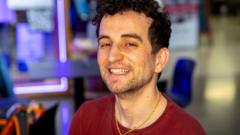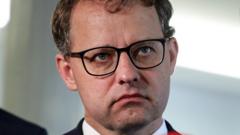Lee Hsien Yang, son of Singapore’s founding father, has been granted asylum in the UK amid allegations of political persecution from his brother, former Prime Minister Lee Hsien Loong.
Lee Hsien Yang Receives Asylum in the UK Amid Family Political Feud

Lee Hsien Yang Receives Asylum in the UK Amid Family Political Feud
Former Prime Minister's brother claims political persecution, escalating tensions within Singapore's first family.
Lee Hsien Yang, the youngest son of Singapore's first Prime Minister, is making headlines after announcing he has been granted political asylum in Britain. In a candid statement shared on Facebook, he accused his brother, Lee Hsien Loong, of politically persecuting him during his time as prime minister. This revelation heightens the ongoing tension within the Lee family, which has played a vital role in Singapore's governance since its independence from British colonial rule.
Speaking from London, where he has resided with his wife for the past two years, Mr. Lee expressed disbelief at his situation, stating, "I never imagined in my worst nightmares that I would end up becoming a refugee from a country that my father built." His asylum claim, submitted in June 2022, was approved by the UK in August, with authorities acknowledging a "well-founded fear of persecution" preventing his safe return to Singapore.
The Lee family has maintained a prominent political presence in Singapore for decades, beginning with Lee Kuan Yew, the nation’s first Prime Minister. His elder brother, Lee Hsien Loong, served as Prime Minister for 20 years until earlier this year, continuing his influence as a senior minister in Singapore's ruling party, the People's Action Party.
The Singapore government has responded to these allegations vehemently, with spokeswoman Andrea Goh calling the claims of political repression "baseless" and "unfounded," reaffirming that Mr. Lee and his family have always had the option to return to Singapore.
As this story develops, it underscores the complex dynamics within one of Asia’s most influential political families and raises important questions about political asylum and freedom of expression in Singapore.


